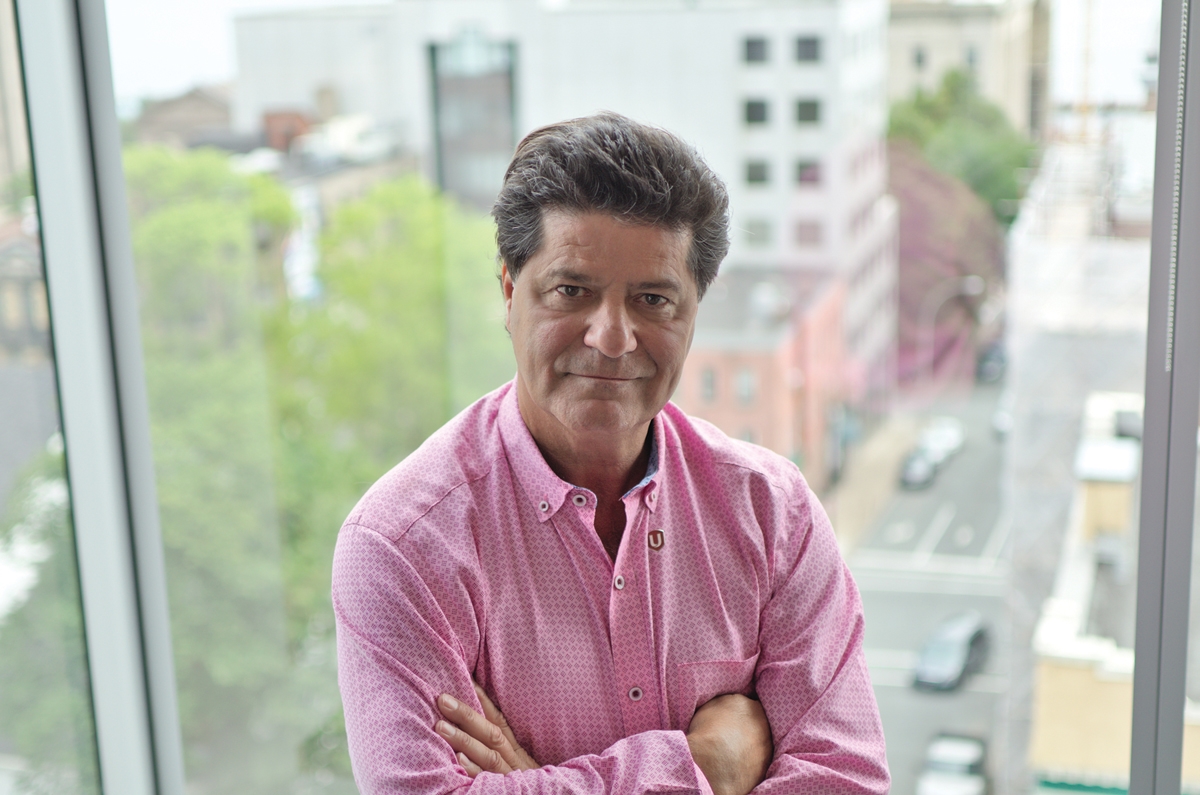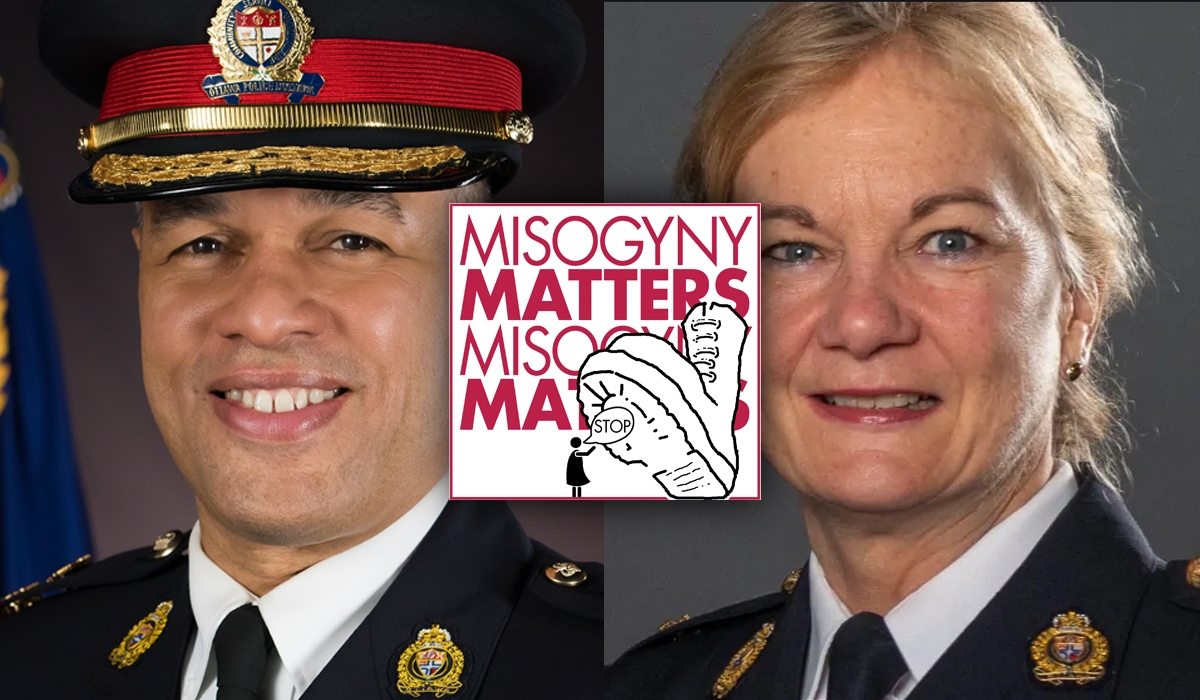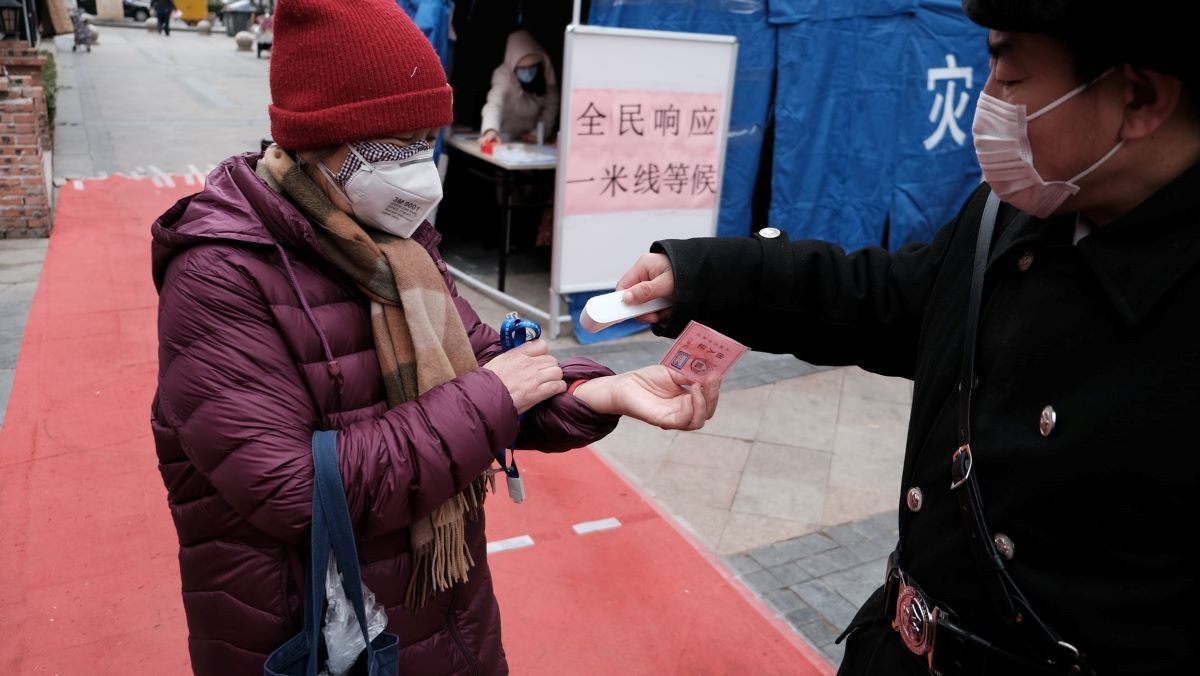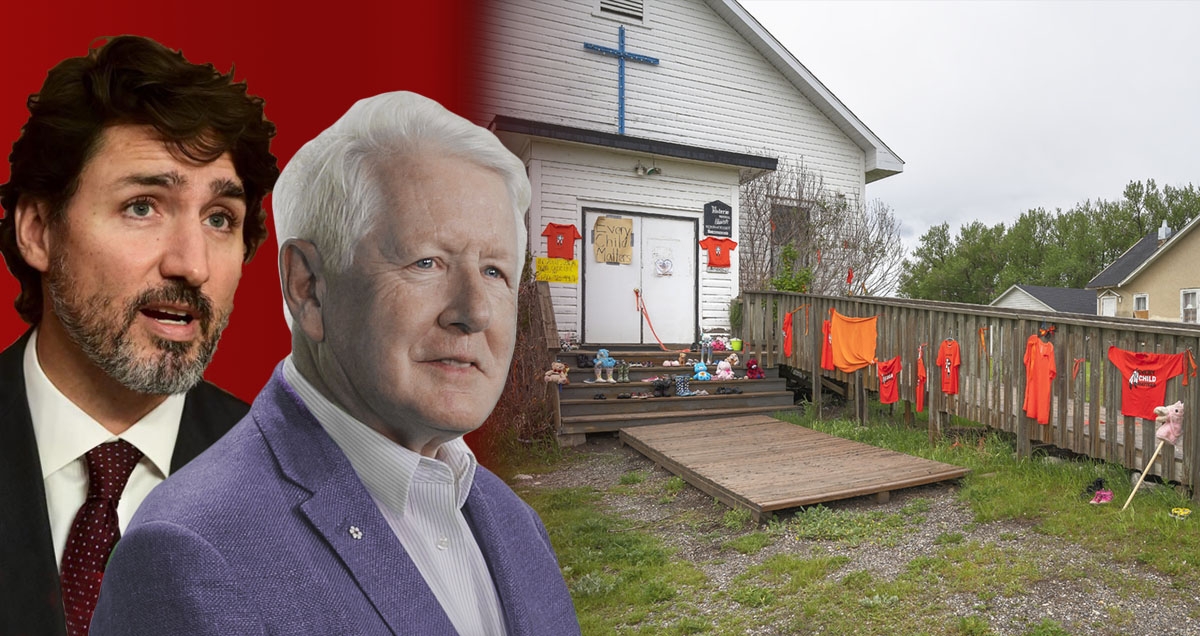
A chat with Canada’s most influential union leader, Jerry Dias
As president of Unifor — Canada's largest private-sector union — Jerry Dias has been at the forefront of the most pressing economic, social and workplace issues the past decade.
He began working at de Havilland Aircraft (now Bombardier Aerospace) in 1978, becoming a steward and eventually president of Local 112.
A fighter for labour and workplace improvements, he made his presence known in 1985 when he led the work stoppage that resulted in the current day national Workplace Hazardous Materials Information System (WHMIS), which includes the right to know about dangerous materials.
Dias went on to be one of the most effective union negotiators in Canada taking on General Motors, Boeing and Coca-Cola among others in numerous effective campaigns that prevented workplace closures and led to the implementation of important improvements for workers’ safety and rights.
By 2007, he was a key advisor to the legendary Buzz Hargrove, former national president of the CAW. Dias’ reputation as a committed trade unionist, focusing on the needs of local union leaders and rank-and-file members and credibility with members and shop-floor bargaining committees culminated in his election as the first president of the Unifor union in August 2013. Unifor represented a merger between the Canadian Auto Workers and the Communications, Energy and Paperworkers Union of Canada.
On a personal level, Jerry Dias is a very likeable fellow. He sports charisma, a disarming personality, an in-depth knowledge of issues as well as the ability to succinctly (and at times bluntly) distill very complex issues into simple prose.
There can be no doubt about his influence within government circles in Ottawa.
On Sept. 30, 2018 a new free trade agreement was reached between the United States, Mexico and Canada.
Before Global Affairs Minister Chrystia Freeland settled on the final terms with Robert Lighthizer, the United States trade representative, she called on to get his opinion, reportedly telling him that she would not proceed with the deal unless he and UNIFOR supported it.
Dias was a key counselor to Freeland during the 18-month negotiations. He insured she was fully briefed on what Canada’s labour unions would accept, and more importantly, would not accept from the Americans during the testy talks. In mid-August 2018, it was Dias who spoke up for Canada and Canadian workers, rebuffing threats made by U.S. President Donald Trump directed at Canada’s auto sector.
In an impromptu news scrum response, Dias told reporters that “He’s (Trump) not going to intimidate us — Trump’s threats to Canada make no economic sense and Canada is not going to get bullied into a bad deal.”
Global Affairs officials were ecstatic about the Dias comments. Freeland had ordered staff to not respond to any of Trump’s bombastic remarks, even the very nasty personal remarks Trump had made about her.
Dias doesn’t work for the government, but he hit back hard at Trump signaling that he had Freeland’s back (and Canada’s). When the deal was done, he told reporters there were “huge victories in the new trade deal with the U.S. and Mexico,” and noted while he was not entirely pleased with the dairy concessions made by Canada “there is room to mitigate the impact on the dairy sector.”
In what can only be described as a very rare occurrence, the government, the official opposition, business leaders and Canada’s most influential union and union leader were for once all on the same page hailing the new deal as being good for Canada.
NDP leader Jagmeet Singh immediately came out against the deal as bad for labour and workers but he had difficulty explaining why or speaking to the substance of the agreement.
This further underscored his growing reputation for being light on policy. This, contrasted with Dias’ knowledge on trade and workers issues was profound.
Dias, pipelines and energy in Canada
Jerry Dias says Unifor supports the federal government decision to buy the Trans Mountain Pipeline project from Kinder Morgan, with caveats.
“I believe in good jobs for our workers and we have an expertise in this sector like no other. What we really need is a national energy strategy in this country so energy production — things like pipelines can be regulated in line with our environmental commitments. I’m talking about a strategy that maximizes Canadian workers expertise and jobs at all stages of energy production including equipment manufacturing, production services, upgrading, refining, and secondary manufacturing. We continue to support the creation of a Canada-wide energy grid, so that Canadian energy resources can continue to be used to meet the needs of Canadian consumers. We need to reduce the reliance on imported energy in eastern Canada.”
Dias supports the idea of an Energy East pipeline that could pump Alberta oil east for domestic, not foreign consumption.
“We need to get everyone at the table — the government, business sector, energy workers, first nations and other stakeholders to see what we can achieve together.”
When asked if he would participate in that discussion, Dias was resolute. “Absolutely — if it’s good for workers and for Indigenous people and for Canada, Unifor will be there.”
He says Canada can have energy development and the strict safety and environmental standards for new and renovated pipelines.
“The problem with Trans Mountain and other energy resources we are shipping is that we are not refining oil in Canada and that takes jobs and economic opportunity away from Canada. We need to rethink how we are doing pipelines and why ship our oil and let other countries refine it instead of doing it ourselves. The Chinese have technology now where they are refining oil as they transport it back to China. Canada can do better.”
He adds that “Unifor supports the rights of First Nations peoples to control what developments occur on their land, and their right participates and benefit economically from resource projects on their land.”
Dias and politics
When asked about the energy and pipeline disputes between Alberta’s NDP Premier Rachel Notley and federal NDP leader Jagmeet Singh and where Unifor fits into all of this, Dias was blunt.
“Look, I’m not a champagne socialist. I represent workers and families and some of the most talented energy workers in the world. Our energy sector provides thousands of jobs and helps get needed energy resources to market. We need to do it better and have a national discussion around what that looks like. But it doesn’t mean not doing energy or pipelines. That is ridiculous”.
(Singh has come out against all pipeline development and believes Canada should buy its oil from foreign countries instead of building pipelines.)
Notley is on the same page as Dias. Last spring she rebuffed Singh’s approach to energy saying “I am a New Democrat that comes from the part of the party that understands that you don’t bring about equality and fairness without focusing on jobs for regular working people — to forget that and to throw them under the bus as collateral damage in pursuit of some other high level policy objective is a recipe for failure and it’s also very elitist.”
When Dias is asked if he would enter politics to further his work, he is non-committal. “Look, we are achieving things at Unifor for workers and making a difference. I’m happy with that — politics is another thing entirely.”












